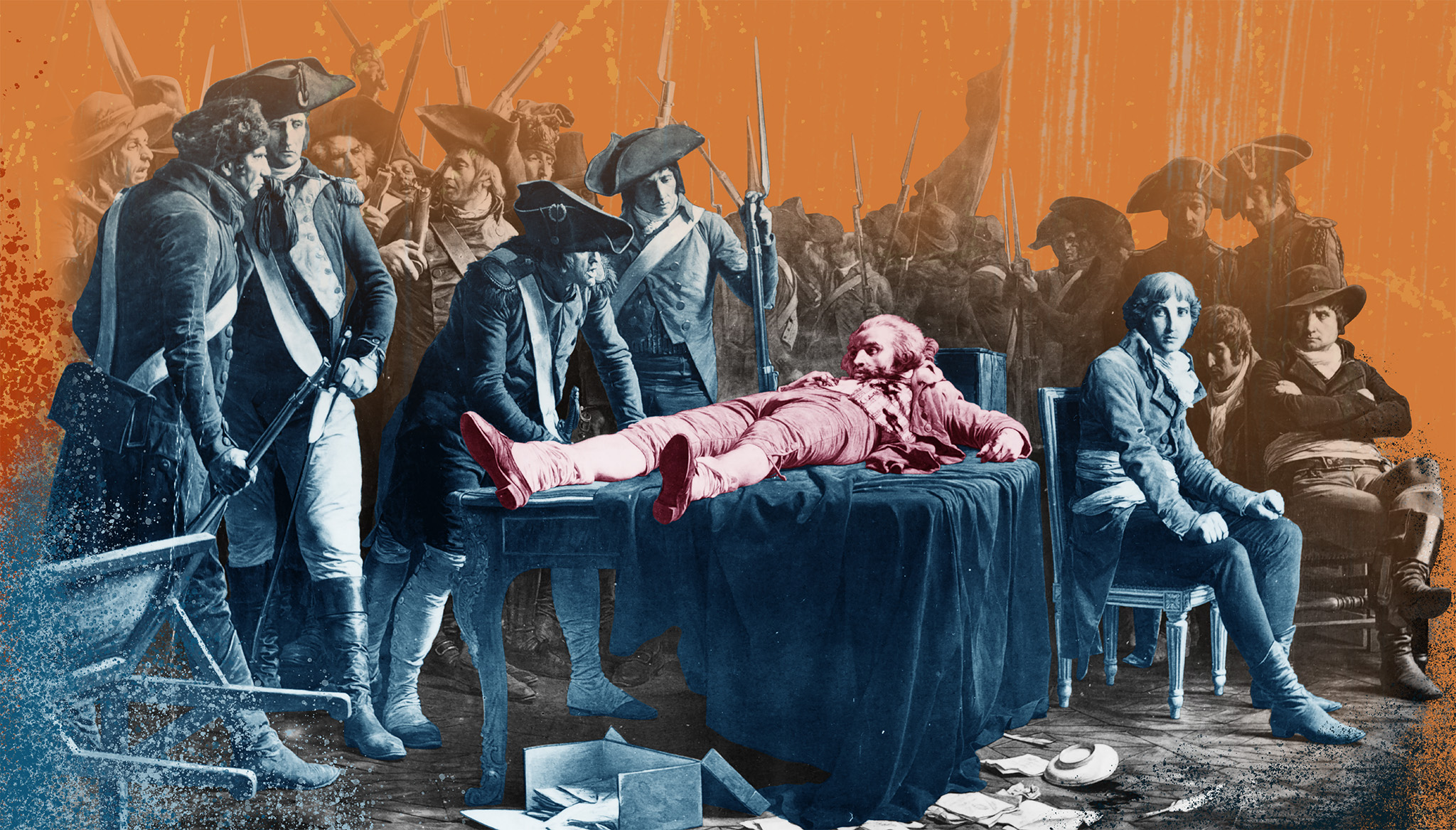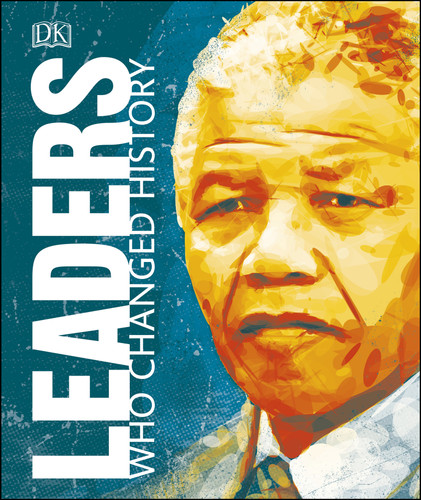
MAXIMILIEN ROBESPIERRE
1758–1794
A leading lawyer and politician, Maximilien Robespierre was one of the most influential figures of the French Revolution (1789–99). A member of the revolutionary National Assembly, he came to lead a government that was as tyrannical as the monarchy it had replaced.
Maximilien Robespierre was born on May 6, 1758, in Arras, in the province of Artois, northeastern France. In October 1769, he received a scholarship to study in Paris, where he studied until he was 23 and trained as a lawyer, like both his father and grandfather before him, and developed a passionate interest in the history of Rome and the Swiss philosopher Jean-Jacques Rousseau.
After his studies, Robespierre returned to Arras and was called to the bar in 1782. He became a criminal judge but soon resigned due to his opposition to capital punishment. A man of principles, instead Robespierre took on cases to defend poor clients and campaigned for universal male suffrage, price controls on food, and the abolition of slavery in the French colonies. He also disapproved of the aristocracy and argued that France’s Estates-General political structure did not represent the people (see A Divided Society).
The French Revolution
In 1788, King Louis XVI announced elections for the Estates-General. Robespierre responded by calling for political reform. Although he was only 30 years old and lacking patronage, he was elected deputy of the Third Estate of Artois (see A Divided Society), which represented 98 percent of the French population—the poor commoners. On June 13, 1789, the Third Estate broke away from the Estates-General and declared their own National Assembly. The king ordered the Assembly’s meeting place to be closed, but the people of Paris, who were angry about food shortages and high taxes, rose up in revolt. On July 14, they stormed the Bastille prison, which stood as a symbol of the monarchy’s despotism. By the end of July, the revolution had spread across France, and the Assembly had effective control.
With Robespierre at the forefront, the revolutionaries abolished the ruling classes and crushed the power of the Catholic church. They published “Declaration of the Rights of Man and the Citizen,” a constitution to underpin their new government. The constitution urged self-government by the people and democracy; it declared that all men and women are born equal; and stated that kings and nobles had no inherent right to rule over those of common birth.
By 1792, Robespierre was a leading figure in a political group called the Jacobin Club. When the National Assembly moved its headquarters from Versailles to Paris, Robespierre and the Jacobin Club began to recruit wealthier, educated Parisians to their cause. In September, France was declared a republic, and in December, the king was tried for treason. Robespierre claimed that the king’s existence was a threat to freedom and national peace. Despite once objecting to capital punishment, he argued for the execution of King Louis, but he asked for the king’s wife, Marie Antoinette, and their son to be spared. Louis was put to death on January 21, 1793.
“Any institution that does not suppose the people good, and the magistrate corruptible, is evil.”
Maximilien Robespierre, 1789

Robespierre coined the phrase “Liberté, Égalité, Fraternité” (Liberty, Equality, Fraternity) in a speech on December 5, 1790.
The Reign of Terror
The new parliament, led by Robespierre, now governed France, establishing a new army and bringing stability to the economy. Robespierre, however, then instated what became known as “the Terror.” Around 40,000 “enemies of the Revolution” across France were executed by guillotine. Eventually Robespierre’s rivals, wary of his insatiable tyranny, arrested and executed him in 1794.

“It is with regret that I pronounce the fatal truth: Louis must die, so that the country may live.”
Maximilien Robespierre, 1792

Robespierre brought terror and death to supposed counterrevolutionaries, before he was himself captured and executed.
A DIVIDED SOCIETY
In prerevolutionary France, society was split into three classes, or “Estates.” The First and the Second Estates were the clergy and the nobility; the Third Estate—the majority—were the commoners.
The First and Second Estates were extremely wealthy but paid almost no taxes; the Third Estate, however, was subject to full taxation. Each Estate had representatives in the government assembly, or Estates-General. The disparity of wealth, plus food shortages after the poor 1788 harvest, led to riots. During the French Revolution, the common people created their own government.
MILESTONES
JOINS THE BAR
Becomes criminal judge in Arras, France, 1782; soon resigns due to early opposition to death penalty.
enters politics
Becomes the fifth of eight deputies for the Third Estate, aged 30, initiating his political career.
promotes liberty
Joins National Assembly, which issues “Declaration of Rights of Man and the Citizen,” 1789.
OVERTHROWS KING
Secures enough votes from the National Convention to execute King Louis XVI, January 1793.
reign of terror
Oversees the issuing of almost 17,000 death sentences, 1793–94, before he is executed.
